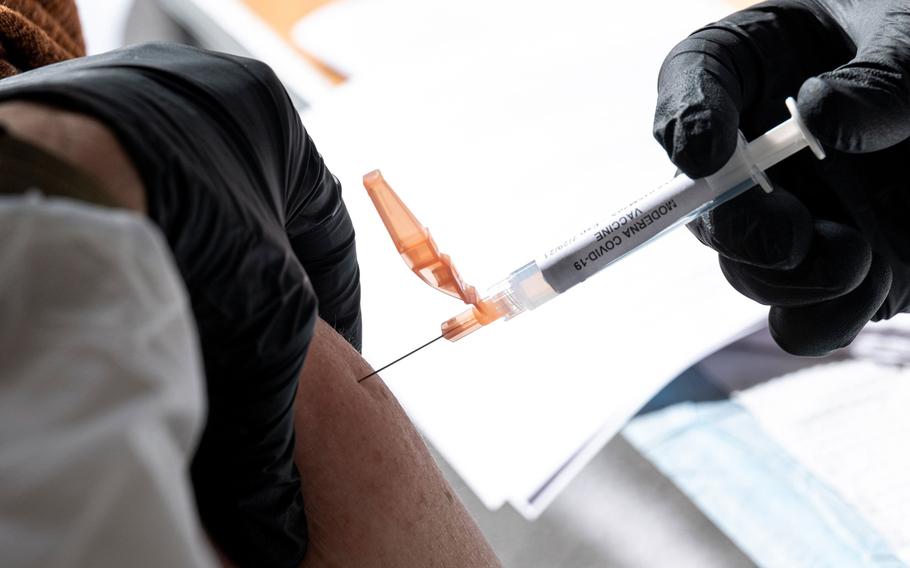The transmission of the more contagious Delta variant in the United States could spur a fall surge in coronavirus infections if only 75% of the country’s eligible population is vaccinated, former Food and Drug Administration chief Scott Gottlieb said Sunday.
While Gottlieb cited one projection forecasting an increase in infections reaching as high as 20% of last winter’s peak, he called that an “aggressive estimate,” saying he doesn’t “think it’ll be quite that dire.” But he said states with low vaccination rates are already showing a concerning rise in cases with the spreading of Delta, which is up to 60% more contagious than earlier variants.
“So Connecticut, for example, where I am, shows no upsurge of infection, but Mississippi, Alabama, Arkansas, Missouri show very substantial upsurges of infections. That’s based entirely on how much population-wide immunity you have based on vaccination,” Gottlieb said on CBS’ Face the Nation program.
He urged a renewed vaccination push closer to the fall, as people prepare to return to school and work, when he said they may be more open to the shots.
Gottlieb also expressed concern about a recent U.K. study showing a shrinking of brain tissue in people after they had developed COVID-19. The study results were published online last week before being peer-reviewed, meaning they haven’t yet been vetted by medical experts who weren’t involved in the study.
The researchers from the U.K. Biobank scrutinized before-and-after brain scans from 782 people — half who had developed COVID-19 and half who hadn’t. Those who had developed the illness experienced noteworthy tissue loss after infection in areas of the brain associated with the sense of taste and smell, the researchers said.
“It’s very concerning because it does suggest that the virus could be having a direct effect on certain portions of the brain,” Gottlieb said.
“I think what it suggests is that the balance of the information that we’re accruing does indicate that COVID is a disease that could create persistent symptoms,” he said. “So this isn’t a benign disease. This is something you want to avoid. And the bottom line is we have the tools to avoid it through vaccination.”
Gottlieb, who serves on the board of directors of pharmaceutical giant Pfizer Inc., also expressed hope that the Biden administration’s recent announcement of $3.2 billion in funding for antiviral medications could accelerate development of effective treatments for COVID-19.
“I think that we will have a drug that inhibits viral replication. Pfizer, the company I’m on the board of, is working on one. Merck is working on another one in advanced development,” he said. “I think we will get a drug that inhibits viral replication that could be taken on an outpatient basis . . . when you first have a diagnosis to prevent the progression to disease.”

A health care worker administers a dose of the Moderna COVID-19 vaccine at a walk-up vaccination site in San Francisco on Feb. 3, 2021. (David Paul Morris/Bloomberg)